Uniting heritage and faith to build understanding, this section highlights how British Muslims draw strength from both national and Islamic traditions—transforming symbols, stories, and values into connections that enrich our shared community rather than divide it.
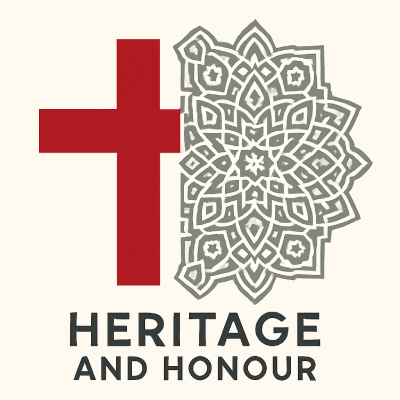
Embraced by British Muslims as a symbol of national unity and shared courage, reflecting Islam’s values of service, justice and communal pride.
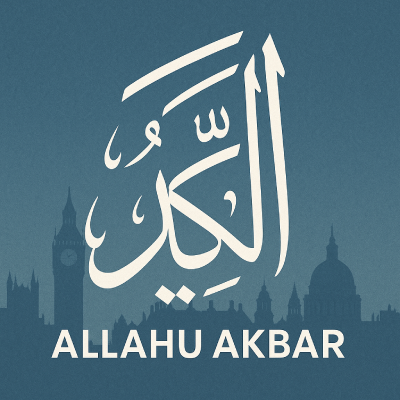
Rediscover “God is Greatest” as a daily affirmation for UK Muslims—fostering humility, gratitude and mindful worship in a diverse society.
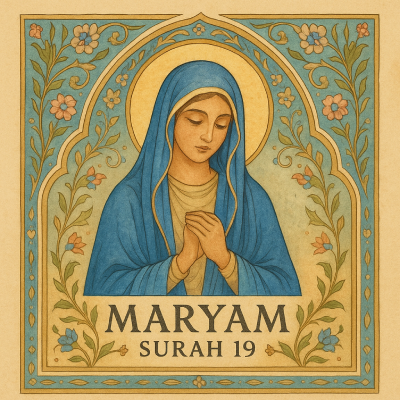
Inspiring British Muslim families through Maryam’s unwavering faith and resilience, her story in Surah 19 speaks to purity, strength and divine compassion.
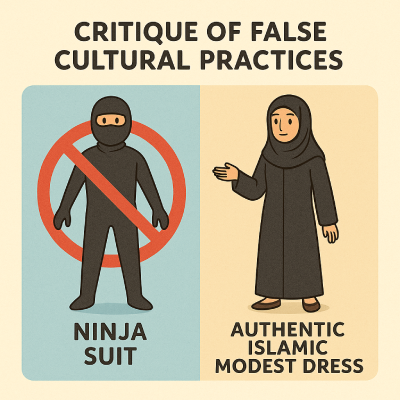
Challenging gimmicks that contradict Islamic modesty and authenticity, urging UK Muslims to honour genuine cultural and religious traditions over fleeting trends.
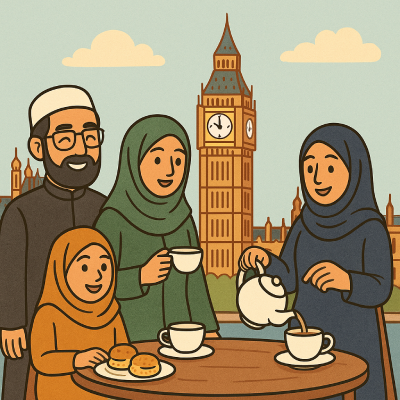
Celebrating how British Muslims seamlessly blend civic participation and national heritage with Islamic faith—upholding both cultural roots and religious principles in harmony.
Championing impartiality and integrity, this section emphasizes putting honesty before personalities, fulfilling civic duties alongside faith, rejecting all forms of extremism, and speaking up for universal principles—underscored by clear, visual affirmations of our commitment to unvarnished reality.

Prioritising honesty and integrity over individual egos, ensuring that facts guide our words and actions.
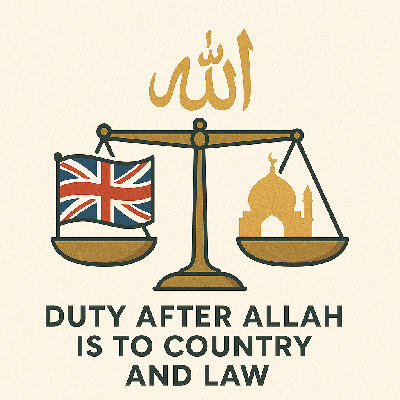
Upholding civic responsibilities and abiding by the rule of law as a foundational expression of faith and loyalty.

Condemning all forms of radicalism, whether secular or religious, to safeguard both national cohesion and authentic Islamic values.
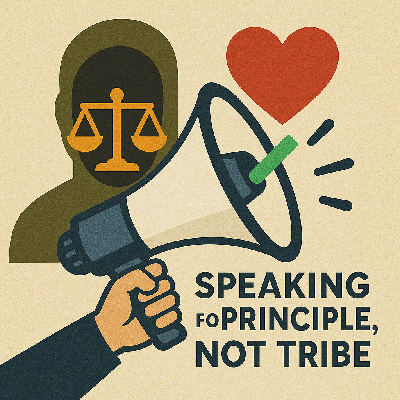
Giving voice to justice and ethics rather than narrow interests, championing what is right over what is popular.

Presenting clear, unambiguous statements—through symbols or media—that affirm commitment to transparency and reality.
Confronting the fractures in our society with honesty and purpose, this section outlines the path to repair: identifying what’s broken, reinstating justice, dignity, and fairness, forging unity across all backgrounds, and grounding our future in the steadfast rule of law rather than the clamor of division.

A candid look at the fractures in our communities—growing inequality, eroded trust, and frayed social bonds—that demand honest diagnosis before true healing can begin.

Reaffirming the timeless principles that underpin a healthy society, from equal treatment under the law to respecting every individual’s inherent worth.

Building bridges where divisions persist, championing solidarity among all Britons regardless of background, and forging a shared sense of purpose.
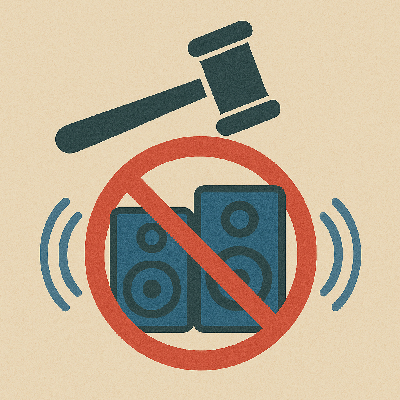
Prioritising the rule of law and reasoned debate over sensationalism and division, creating a stable foundation for progress and collective well-being.
A curated showcase of Ashraf Sharif’s visuals—photographs, illustrations, and infographics that capture moments of political insight, cultural heritage, and community unity.






Explore handpicked links to articles, videos, and official guides that deepen your understanding and empower you to engage confidently with both British and Islamic traditions.

Etiam materials ut mollis tellus, vel posuere nulla. Etiam sit amet massa sodales aliquam at eget quam. Integer ultricies et magna quis.
Detail
Etiam materials ut mollis tellus, vel posuere nulla. Etiam sit amet massa sodales aliquam at eget quam. Integer ultricies et magna quis.
Detail
Etiam materials ut mollis tellus, vel posuere nulla. Etiam sit amet massa sodales aliquam at eget quam. Integer ultricies et magna quis.
DetailBarrkha delivers in-depth features, interviews, and analysis on politics, culture, and faith—illuminating the stories that matter to UK Muslims.
A comprehensive bibliography citing Quranic passages—like Surah Maryam 19:16–21—and historical research on St George and British identity, ensuring transparency and scholarly integrity.
Quisque eget nisl id nulla sagittis auctor quis id. Aliquam quis vehicula enim, non aliquam risus.
Sed a tellus quis mi rhoncus dignissim.